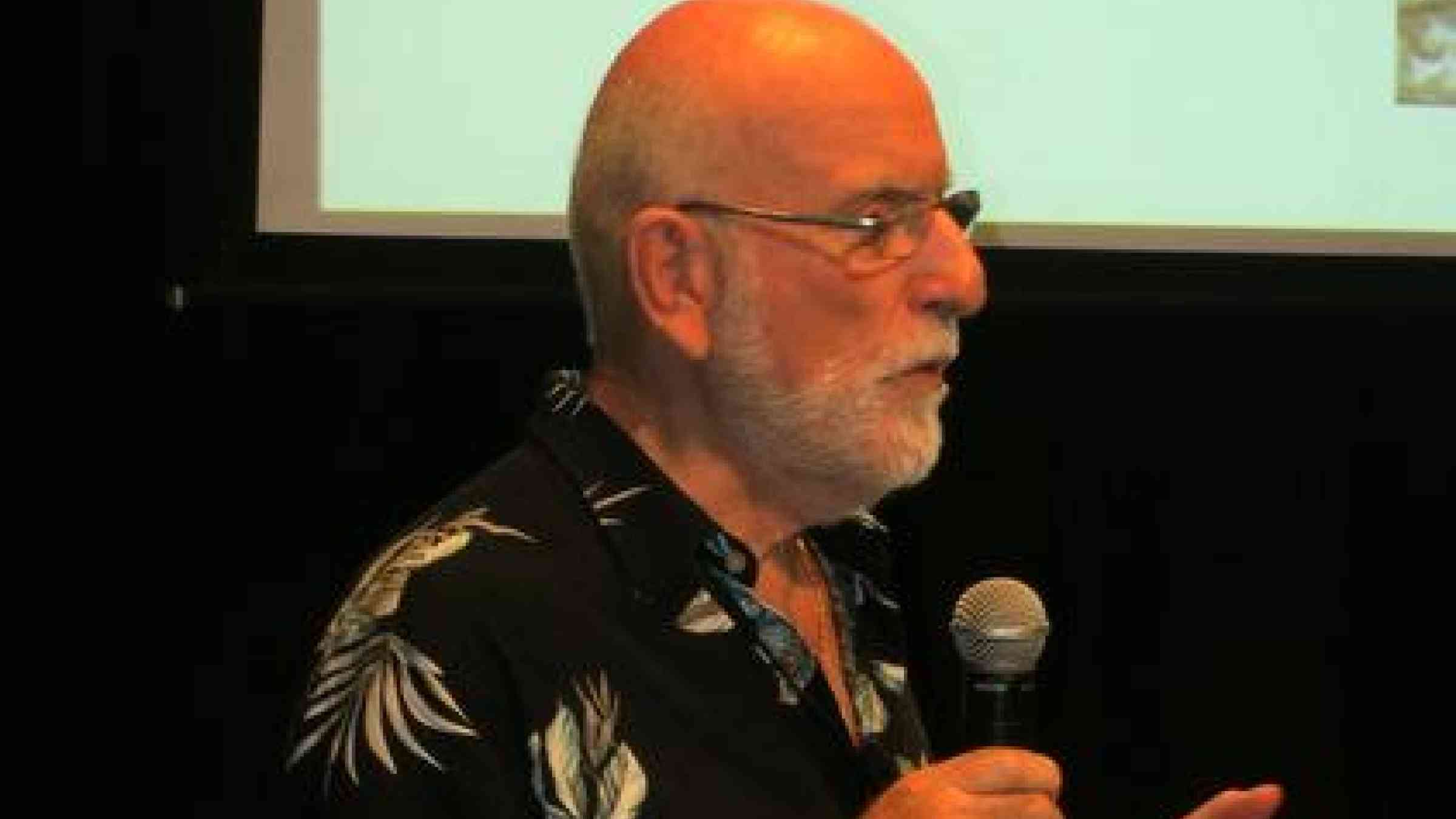‘Recovery the key to future relevance of Pacific regional organisations’

A landmark study says that regional organizations involved in disaster risk management in the Pacific will have to demonstrate excellence in technical assistance and be aligned to international financial flows to remain relevant.
The report's author, Prof. John Hay, of the University of the South Pacific, said that regional organizations should strengthen their engagement in disaster recovery as a way of bridging what he identifies as a disconnect between disaster management and risk reduction practices.
The 'Roles of Pacific Regional Organizations in Disaster Risk Management: Questions and Answers' study rated organizational capacity in risk reduction -- that is prevention, mitigation, and adaptation -- as higher than in other aspects of disaster management, namely preparedness, relief and recovery.
"These bodies do not have a comparative advantage, or any tangible capacity, in either relief or recovery, except in terms of such approaches as 'build back better'," Prof. Hay said in the study.
"Pacific Regional Organizations can add value to these efforts by ensuring that early warning and other information related to natural hazards that occur at regional scales is made widely available."
The report, which is part of a global study by the Brookings-LSE Project on Internal Displacement, said Pacific regional bodies had built good practices in areas where they held a comparative advantage.
"Many (good practices) are undertaken on a long term basis, involve a diverse range of stakeholders and are based on strong linkages between international, regional, national and community levels," Prof. Hay said.
"While there is considerable value to the region for the organizations to continue to focus on these areas, there is a compelling argument for them to become more engaged in disaster recovery, under the 'build back better' imperative."
The report was showcased at the recent 2013 Joint Meeting of the Pacific Platform for Disaster Risk Management and Pacific Climate Change Roundtable, in Nadi, Fiji.
Prof. Hay concluded by charting a potential future path for regional organizations involved in disaster risk management. "Pacific regional organizations should continue to enhance their relevance, and build excellence as significant sources of technical and related assistance."
He said that regional organizations would be challenged more as momentum gathers to integrate disaster risk reduction and climate change adaptation and mitigation. They will also have to "better align international financial flows with these integrated approaches".
The International Federation of Red Cross Red Crescent Societies (IFRC) pointed to the challenge of coordinating with regional organizations in the Pacific. "How do we engage with all of the coordinating mechanisms? We could spend 90 per cent of our time in meetings if we are not careful," said Ms Aurelia Balpe, head of IFRC's Pacific office.
The Executive Director of the Caribbean Disaster Emergency Management Agency CDEMA), Mr Ronald Jackson, said experience from his region had shown that as ambitions grow the core responsibility of regional organizations for coordinating external response and supporting national response capacity should not be forgotten.
The Pacific Joint Meeting was co-convened by UNISDR, the Secretariat of the Pacific Community (SPC), and the Secretariat of the Pacific Regional Environment Programme (SPREP) and was hosted and chaired by the Government of Fiji.